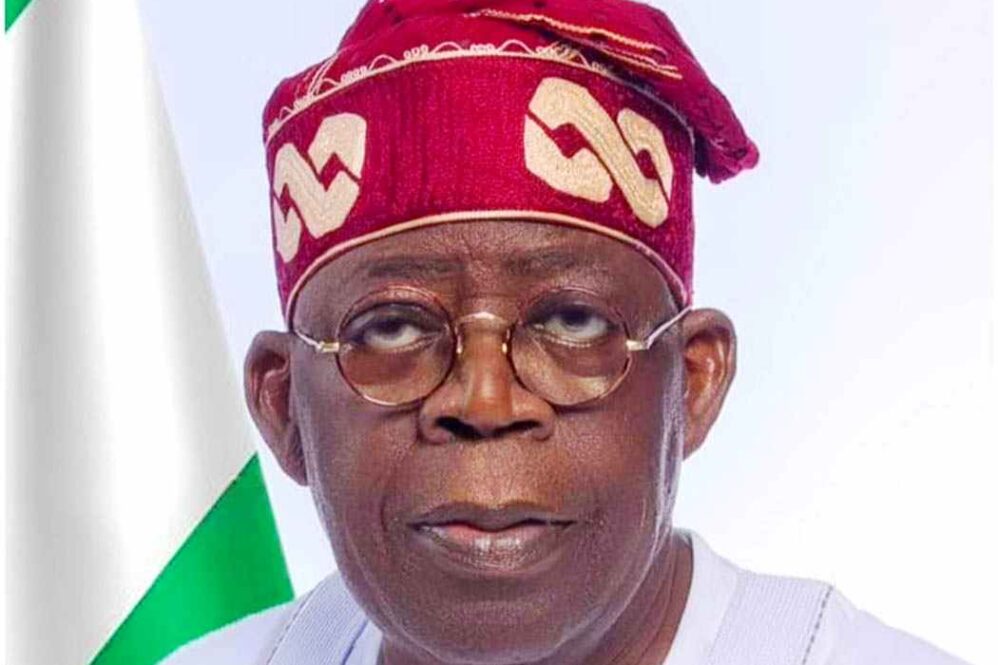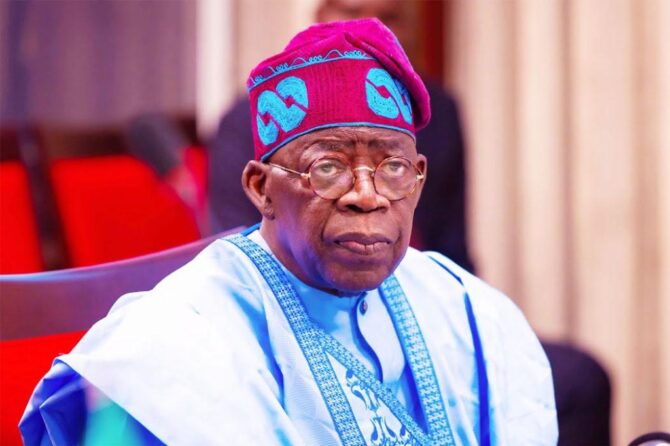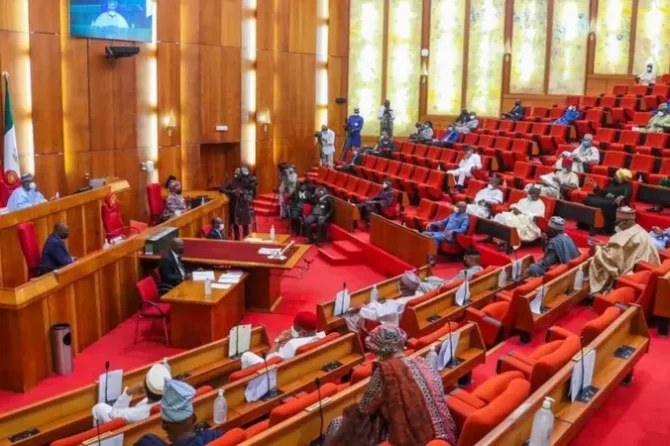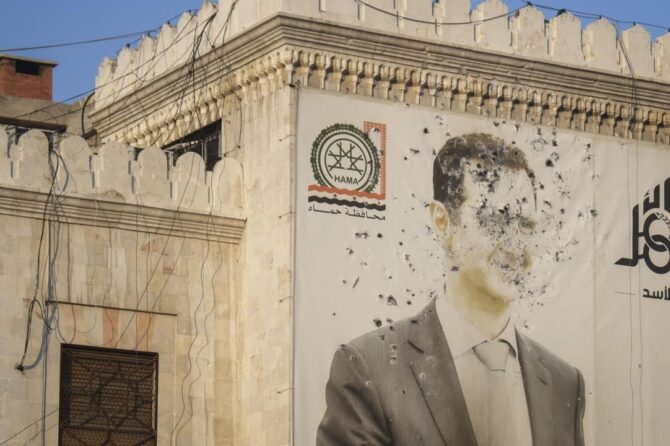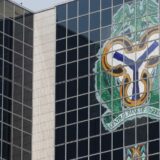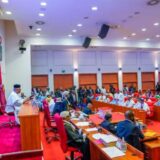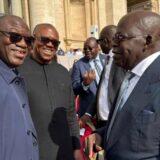State of Emergency in Rivers: SERAP Sues Tinubu Over Suspension of Elected Officials
ABUJA — The Socio-Economic Rights and Accountability Project (SERAP) has filed a lawsuit against President Bola Tinubu over the suspension of Rivers State Governor Siminalayi Fubara, his deputy, and members of the State House of Assembly following the declaration of a state of emergency in the oil-rich state. The legal action, filed at the Federal High Court in Abuja on March 21, 2025, challenges the constitutionality of the president’s decision, which SERAP describes as a “grave assault on democracy.”
The Lawsuit: A Fight for Constitutional Rights
SERAP, represented by three members of its Volunteers’ Lawyers Network (SVLN)—Yirabari Israel Nulog, Nengim Ikpoemugh Royal, and Gracious Eyoh-Sifumbukho—argues that Tinubu’s suspension of elected officials violates Sections 1(2), 14(1)(c), 176(1)(2), and 305(1) of the Nigerian Constitution. The organization contends that the suspension undermines the rule of law and the people’s right to democratic participation.
The lawsuit seeks:
- An order setting aside the suspension of the elected officials.
- An order nullifying the appointment of Vice Admiral Ibok-Ete Ibas (retd.) as Sole Administrator of Rivers State.
- A declaration that Tinubu’s actions are “unlawful, unconstitutional, null, and void.”
The Emergency Declaration: A Security Crisis or Political Overreach?
President Tinubu declared a six-month state of emergency in Rivers State on March 18, 2025, citing pipeline bombings and a breakdown of public order. The move followed escalating tensions between Governor Fubara and his predecessor, Nyesom Wike, now Minister of the Federal Capital Territory. Critics argue that the emergency rule is politically motivated and risks exacerbating insecurity in the region.
Section 305 of the 1999 Constitution allows the president to declare a state of emergency under specific conditions, such as war, natural disasters, or threats to public order. However, SERAP insists that the suspension of elected officials goes beyond the constitutional scope of emergency powers.
Implications for Democracy and Governance
The suspension of Rivers State’s democratic institutions has sparked widespread condemnation. Legal experts warn that the move sets a dangerous precedent, allowing future presidents to target opposition-led states under the guise of emergency rule. The Nigerian Bar Association (NBA) has also criticized the decision, calling it a “constitutional overreach.”


